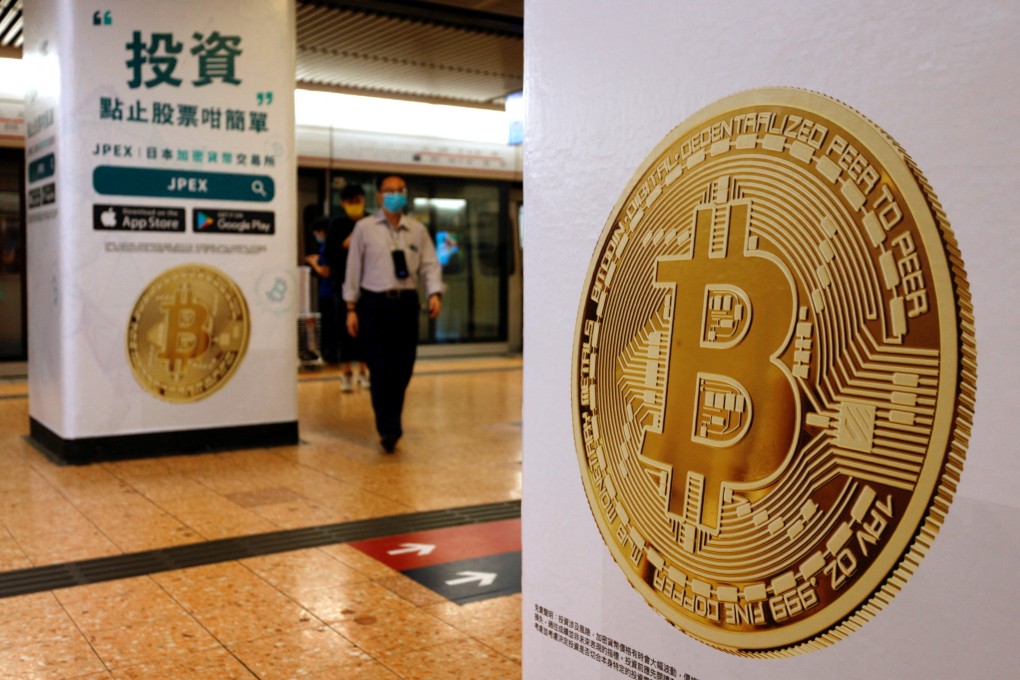Hong Kong draws lessons from FTX collapse, says regulations needed to develop virtual asset market
- The head of the Hong Kong Monetary Authority says planned virtual asset regulations will address money laundering and protect investors
- The government has introduced a new regulatory regime for cryptocurrencies, which currently have little oversight because they do not qualify as securities

Hong Kong’s de facto central bank said that the collapse of FTX has shown that sound regulations are a must for the city’s pursuit of becoming a virtual asset hub and that a planned new regulatory regime will give investors adequate protection.
Eddie Yue Wai-man, CEO of the Hong Kong Monetary Authority (HKMA), told the city’s Legislative Council (LegCo) on Wednesday that a good regulatory regime for virtual assets is the foundation for the city to explore blockchain-based financial innovations.
A new governance regime for cryptocurrencies, which have hitherto not fallen under the purview of the Securities and Futures Commission (SFC), has been introduced as an amendment to the city’s anti-money-laundering law. Once passed, the rules will address money laundering problems and protect investors’ interests, Yue said.
Yue is the latest Hong Kong official to promote the city’s regulatory approach to cryptocurrencies in wake of the sudden collapse of FTX, which was the world’s second-largest cryptocurrency exchange until going bankrupt in less than a week after a run on the exchange.
On Wednesday, Joseph Chan Ho-lim, Under Secretary for Financial Services and the Treasury, also said during a LegCo council meeting that Hong Kong’s current regulatory framework for virtual assets already takes precautions against incidents similar to the meltdown of FTX.